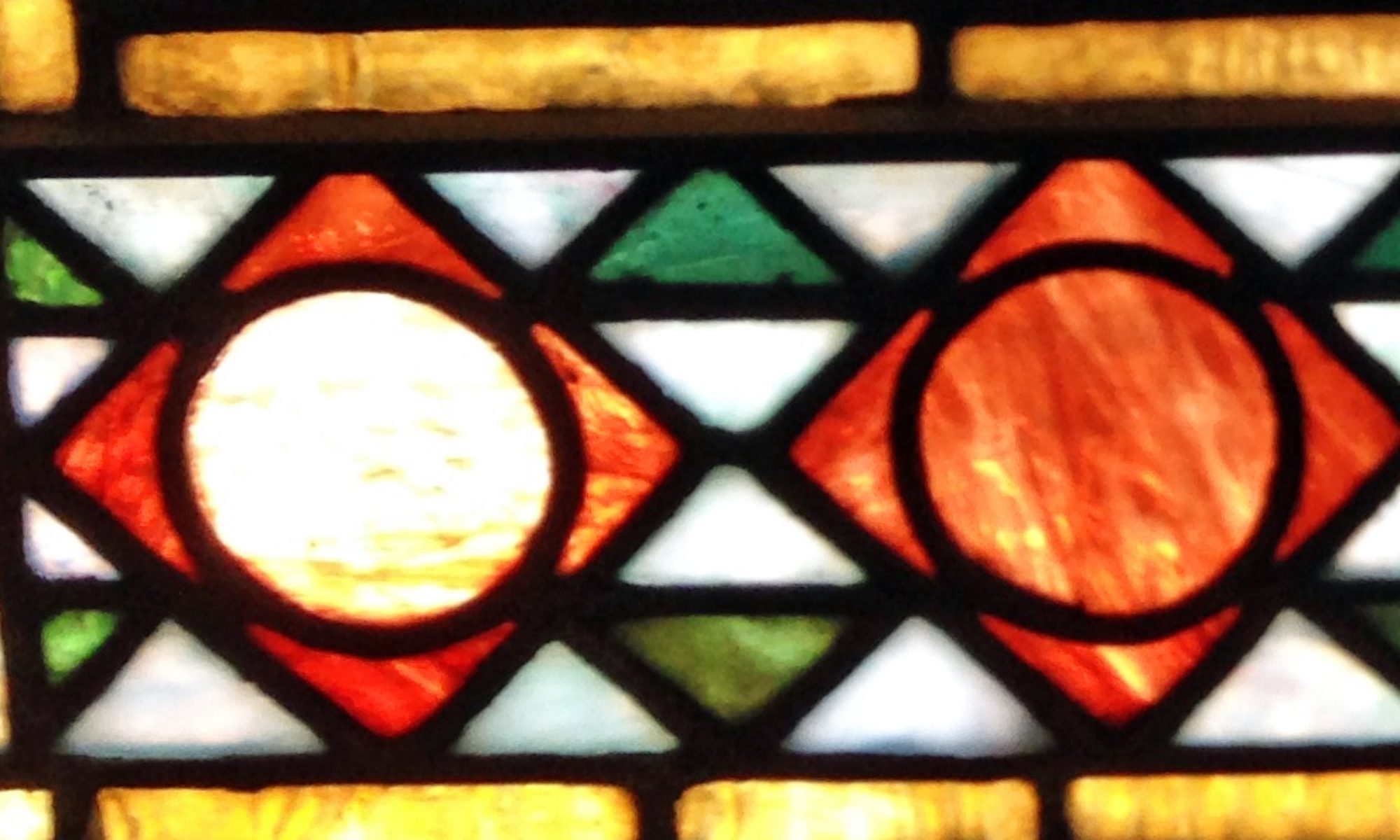This is the story you should hear when you think of the commandment not to have graven images. We think of those pagan stone heads carved on Easter Island, or the Golden Calf as in today’s reading, ancient and superstitious. But let’s suspend that for a moment. Like we did with the fourth commandment, let’s imagine we’re sitting around the fire in the evening with our people. We’re Hebrew slaves in Egypt, and it’s been a long, hot day of gathering straw in the fields and making bricks at the ovens. We have to do it because the king tells us to, and who is the king? He is the very image of their god, he is god’s human effigy, he has power like a god. He says who lives and who dies, who works, and who enjoys. Pharaoh is even called a living god!
But someone is telling a story at the fire tonight. It’s Genesis 1:
“Then God said, ‘Let us make man in our image, after our likeness. And let them have dominion over the fish of the sea and over the birds of the heavens and over the livestock and over all the earth and over every creeping thing that creeps on the earth.’
So God created man in his own image,
in the image of God he created them;
male and female he created them.”
In this story, God created the first people. And created them all in the image of God! All these people, male and female, are created in the image of God! And humans were meant to rule the world, to have dominion, like kings have dominion, as rulers! In this story pharaoh is not the only image of god on earth – we all are! Can you believe it? It says, We Are Somebody! This is radical stuff for a bunch of slaves to hear. The point of the story is not to describe a science of creation. The point is justice, the equality of all.
But then, generations later, the slaves have come out of Egypt, now they are free. They are still sitting around a campfire, now out in the wilderness, because they don’t have their own country, they haven’t found a home yet. And some of them have forgotten the old stories, and start thinking, let’s be like people with a country, let’s have a god like all the other people do. And so they go to Moses’ brother and ask him to make them something they can worship.
This story is not about how God is so wrathful you have to tiptoe around and make sure you obey each and every one of his many rules. That’s not what’s wrong here. What’s wrong is that, way back in Genesis 1, at the very start of the Hebrew testament, we already learned that we are all made in the image of God. You don’t need a golden calf to see God. All the people around you – and all the people over the mountain, in the next country – all are made in the image of God, we can see God in these people. That’s where we are supposed to look for God, that’s why graven images are wrong. Because if god is a bunch of gold, then God is not in the face of my neighbor. So who cares about this rotten neighbor of mine? The golden calf’s priest says to go to war with my neighbor who doesn’t look right or worship right, or eat the right foods. Those neighbors who have different colored skin, or different sexual practices – the golden calf hates them!
But God calls us all to remember our Genesis birthright. All men and women are created equal! You think that’s Jefferson? That’s Genesis 1! We are all somebody! We all equally bear the image of God, so our religion calls us to cherish that God image, and love our neighbors as ourselves. That is some radical good news in the ancient near east…or anywhere, anytime.
If the story that we are all God’s image-bearers, all equal, and so all to be cherished by all, is not good news, I don’t know what is. And it’s way back in the beginning of the Hebrew Testament. The Scriptures call us to accept this great principle of equality
